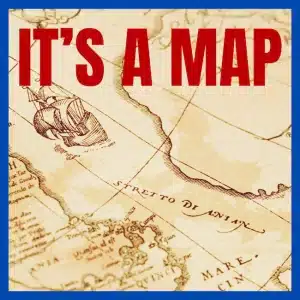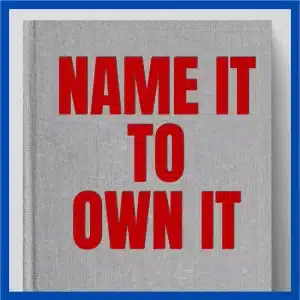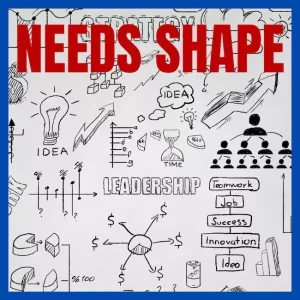There is something very simple and very powerful that unites us all. And, that is a basic desire to find meaning and purpose in our lives.
It probably all started at the same time language was born because to understand words, sentences and language we need to create meaning.
And, in those not-so-good days of living in caves an individual’s purpose was simple: survive the day. This purpose soon expanded as individuals came to rely on each other to nurture their families, go on joint hunting and foraging expeditions to find regular food and provide a safe environment for their children and each other.
Beyond this, if you place yourself in a dark cave as an intense storm of lightning and rumbling thunder danced around you, it would be a simple step to imagine much bigger forces at work. This is perhaps the third stage of purpose – to believe in a higher power.
To a certain extent this has been the path we have followed for the past few thousand years: a collective purpose bigger than oneself. This was typically provided in the form of organized religion, living peacefully in local communities and attending school to learn about the world.
In recent times these sources of purpose, meaning and belonging have taken a hit. A big hit! Religion has been exposed as a fixed way of looking at things and it’s caused it’s own share of ill-fortune through inspiring war and more recently allegations of leaders molesting their young followers. Likewise our faith in school and our local communities has been diverted by the riches now available online.
[Tweet “The Purpose Economy from survival and following to DIY. #purpose”]
Equally, on the other end of the spectrum the opportunities online have changed how we interact with each other. One only needs to witness a family at a restaurant with the parents trying to coerce a conversation from their children who are more intent on playing games on their handheld devices or talking with their peers on their smartphones via txt, Facebook or Snapchat. The generation gap has never been so wide!
This breakdown of traditional sources of meaning has created opportunities for new ones to emerge. And, we have turned to brands to do this. Our identities and belonging are forged by showing our allegiance to corporates brands based on the clothes we wear, the shoes we walk in, the cars we drive, the t-shirts we model, the smartphones we showcase and the places we eat and drink.
The extreme example of this desire for belonging can be witnessed in the queues in the middle of the night for Apple’s latest iThing, the stampede at Zara’s latest opening or the forming of communities around the buying and selling of Cabbage Patch dolls.
This is the new belonging, the source of our identities and all in the name of trying to quench our desire for purpose and meaning.
And, there seems to be one more act being played out here. More and more people want to create their own meaning and purpose. This is evident in the rise of the bucket list, the interest in manifestos and the emergence of the social entrepreneur. It seems we’ve had enough of following someone else’s purpose, it’s now time to create our own.
QUESTION: Love to hear your thoughts about this… Are you searching for purpose? And where are you looking?



